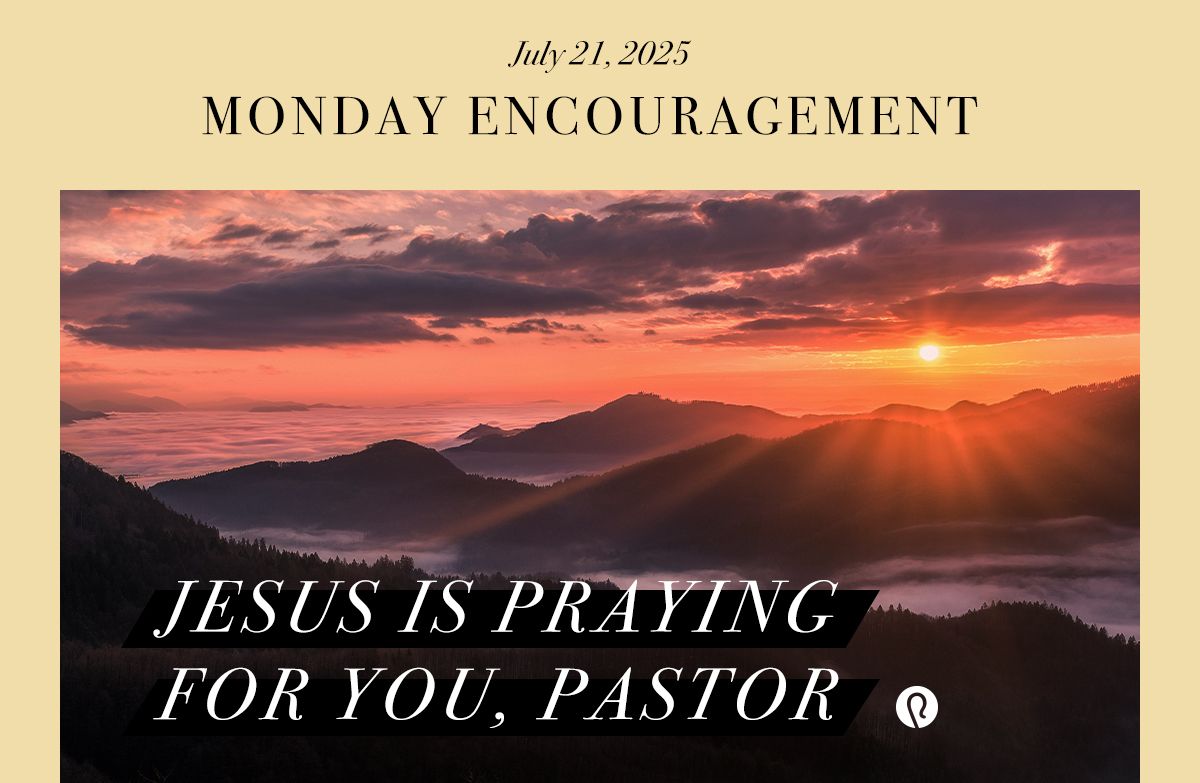FellowshipPreaching/TeachingLeadershipCelebrate RecoveryDiscipleshipSmall GroupsEvangelismWorshipMinistry
When Pastors Fall: Why Full and Public Repentance Matters

Pastor scandals happen.
Needless to say, I don't say that with any enthusiasm. In fact, it is greatly discouraging to me, but it's true nonetheless.
Furthermore, this is not just a recent phenomenon, though the evangelical world has been filled with reports over the last few months.
It's just disheartening.
Yet, these scandals have been happening for a long time-- since the beginning of Christianity (and before in Judaism). Pastoral failings stretch so far back in Christian history, we have New Testament instruction about them.
First Timothy 5 is, perhaps, the clearest passage on this issue.
That passage and others remind us that pastors-- and other leaders of similar persuasions-- are held to a different (higher) standard in the scriptures.
First, the level of proof for accusation is higher-- it's on the basis of two or three witnesses, whereas in Matthew 18 any one believer can go to any one fellow believer when sin arises. This serves as a buffer against unwarranted criticism that can come with pastoral positions (though it's often abused, but that is for another conversation).
Also, it's clear that pastors are worthy of honor-- double honor, actually:
The elders who direct the affairs of the church well are worthy of double honor, especially those whose work is preaching and teaching. For Scripture says, "Do not muzzle an ox while it is treading out the grain," and "The worker deserves his wages." Do not entertain an accusation against an elder unless it is brought by two or three witnesses" (1 Timothy 5:17-20).As such, pastors are different, not in value, but in responsibility and expectation. They are worthy of double honor and they are harder to accuse. We can see the practical reason for this-- like it or not, being a religious leader attracts a higher level of criticism. If you are a pastor, you are probably already well aware of that reality. Yet, some pastors want to stop there, quoting verses that say you cannot touch the "anointed." They sometimes think that disagreeing with them is the same as disagreeing with the Lord. Such an attitude reflects an attitude that doesn't take the rest of scripture seriously. Sin matters, and when that sin happens in the life of a public spiritual leader, the great damage can be done. The scriptural teaching takes that into account as well. So, while pastors have a higher scriptural standard to receive criticism-- and cultural realities exist making it harder to make such accusations-- pastors also have a higher standard to repentance. Yes, repentance should be evident when any believer is caught in sin, but something more is required when a pastor is involved, and this matters just as much as the cautions against accusations. With this higher standard in mind, I want to offer three principles of repentance for pastors and Christian leaders.







